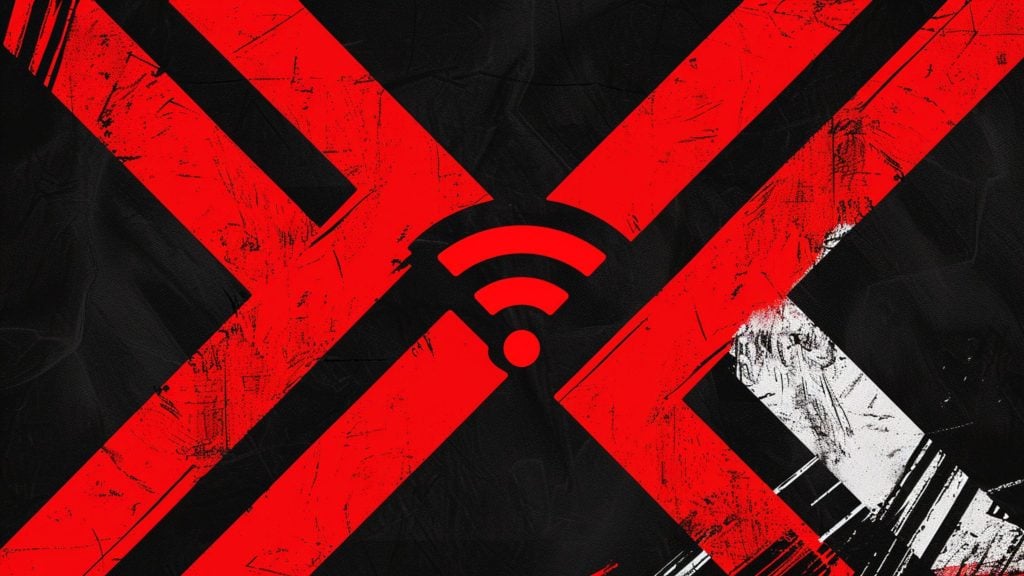A new ruling issued by New Jersey’s top court allows authorities to verify the contents of suspects’ cell phones, even against their will.
In the legal parameters of the United States, the Fifth Amendment establishes the legal procedure to follow when accusing a person of a crime. This offers guarantees to the accused before State bodies other than a Supreme Court, such as the right to remain silent to avoid self-incrimination.
However, under New Jersey’s interpretation, the Fifth Amendment dates from 1791, so it does not consider technological belongings that could incriminate people and that this legal gap leaves judges free to interpret whether or not it is legal to review the content of a suspect’s cell phone.
In many cases that have received a court ruling on the matter, the cell phone is considered property of the accused that could incriminate them, so it cannot be violated without their permission due to the Fifth Amendment. At least, this was the consensus reached by Indiana and Pennsylvania’s Top Courts.
However, now the New Jersey’s top court has issued a different ruling, in which they consider that the authorities can demand the suspect’s phone code without this representing a violation of the amendment.
The New Jersey court reached a consensus that the Fifth Amendment only refers to the speech that the suspect may make, and not to the incriminating information that can be obtained on the suspect’s possessions. The court judges indicated that the data that could be found on the defendant’s phone would not reveal anything that the government could not know, so doing a review of the smartphones would only speed up the process.
It is important to note that cell phone checks are a common practice in the police. However, due to the legal protections given to the accused, the authorities must resort to methods such as hacking to gain access to them, which do not always have the desired result. One widely publicized case was in 2016 when the FBI had to turn to Apple to unlock a terrorist’s iPhone, and the company refused.
To solve similar problems, New Jersey’s Supreme Court decided that authorities can request the suspect’s password. According to them, this would allow them to obtain information that for many years has been ignored in the justice system.
According to the ruling, this decision was eventually going to happen, so they are stepping up and will begin implementing it as soon as possible. However, the final decision on whether it is a legal practice or not rests with the country’s Supreme Court, so this new decision might not be valid in the long term.













